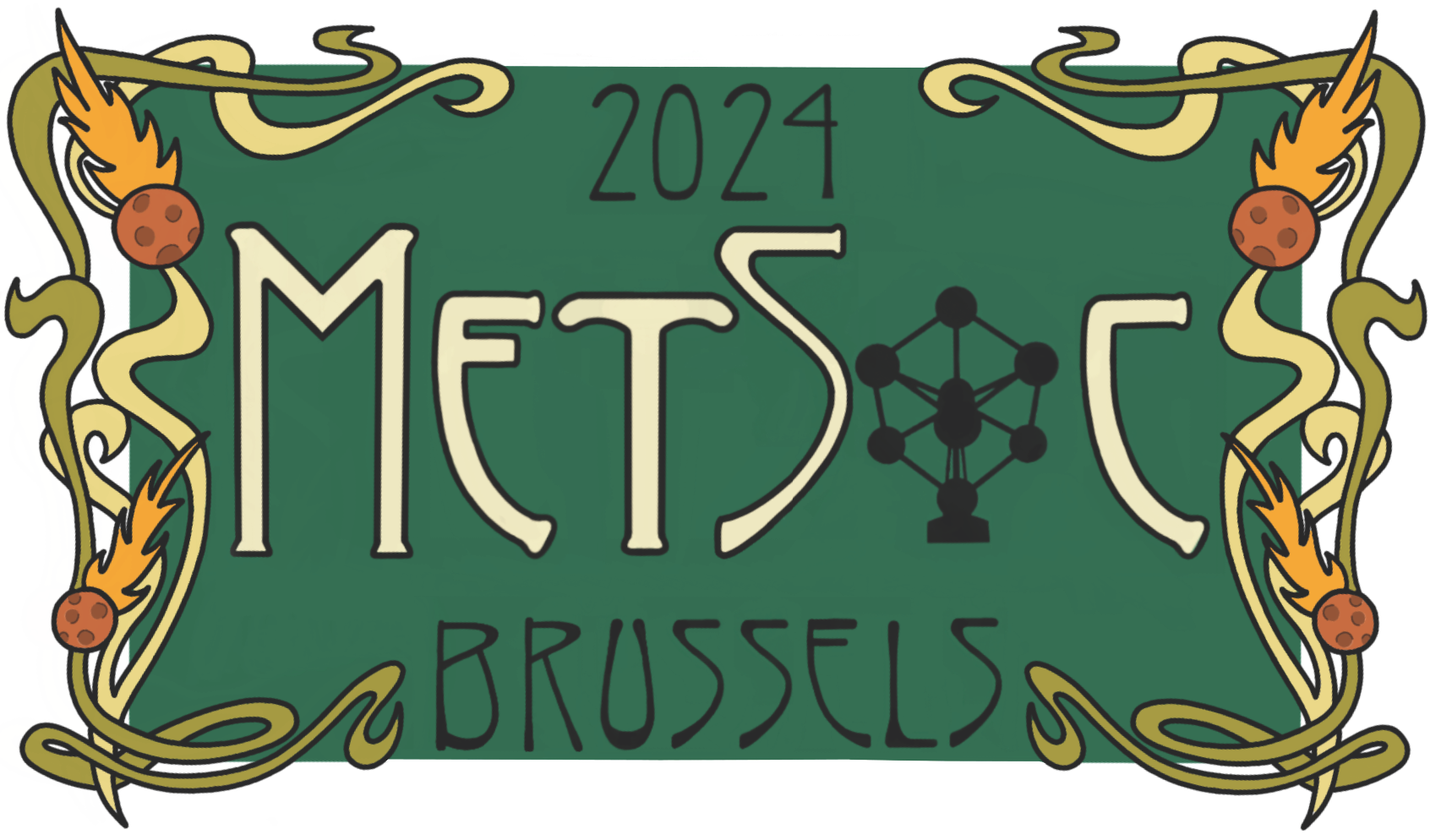
Abstract submission is now closed!
Please check program here.
Instructions for speakers and posters here below
The meeting schedule is very busy and we kindly ask all presenters and session chairs to respect the allocated presentation time.
The auditorium is equipped with a 16:9 native aspect ratio projector so we recommend to prepare your presentation in 16:9 format (.pptx or .pdf). Please transfer your presentation to the conference Windows PC in the main hall of the conference venue in the morning or evening well ahead of your presentation slot, members from the local organizing committee will assist you at any time. The use of your personal laptop to present is not allowed.
Posters should be printed in a vertical (portrait) A0 format (841 x 1189 mm). The two poster sessions are scheduled on Tuesday July 30th and Thursday August 1st from 5:30 to 7:30 PM. We kindly ask the presenters of poster sessions 1 and 2 to hang up their posters on Tuesday and Thursday morning, respectively; and remove them at the end of poster session.
Abstracts on any aspect of meteoritics and planetary science are welcome and should be submitted using the instructions below. First authors are limited to two submissions, but only one will be considered for oral presentation.
Abstract deadline: May 14, 2024, 5:00 p.m. U.S. Central Daylight Time (GMT -5).
Abstracts will be published in electronic format as a supplement to Meteoritics & Planetary Science.
Contributors will need to choose a primary (required) and secondary (optional) topic from the following list:
Topics
Submission Policies
Preparation and Submission of Abstracts
Step 1: Download the appropriate template.
Step 2: Write the abstract (no more than one page) using the format shown in the template.
Step 3: Create a PDF file (no larger than 3 MB).
Step 4: Fill out the electronic abstract submission form and upload the abstract file.
Use of Meteorite Names
All abstracts should follow the Best Practices for the Use of Meteorite Names in Publications (Heck et al., 2019). All meteorites that are cited in abstracts must have official names approved by the Nomenclature Committee. Authors can use the Meteoritical Bulletin Database to check the status of a meteorite name. Meteorite names must be approved by the Nomenclature Committee, not pending and not provisional names. New meteorites not yet approved by the Nomenclature Committee must be submitted by no later than April 15, 2024, to be considered in time for the abstract submission deadline. To submit a meteorite classification and name for approval, please contact the Editor of the Meteorite Bulletin at [email protected].
The full names of meteorites should be used in titles, subheadings, and at first mention in the text. Abbreviations, including those published in the Antarctic Meteorite Newsletter and the Meteoritical Bulletin, may be used in tables and elsewhere. Note that in the abbreviated form, there should be a space between the place name and the number. In addition, Antarctic meteorites recovered prior to 1981 may have an A after the blank space.
All meteorite names included in abstracts must be listed on the abstract submission form. Submitters are asked to carefully check the spelling and compliance of meteorite names within both their submitted abstract(s) and form(s). A representative of the Meteorite Nomenclature Committee will be reviewing the abstracts to ensure that all authors are in compliance with the rules stated above. The program committee reserves the right to reject any abstract found to be in violation of these rules.
Authors are encouraged to start the submission process early so the LPI staff will have time to provide assistance in the event of technical problems. For technical assistance, send an email message to [email protected]
All information can be found here:
meteoritical.org/awards/annual-meeting-travel-awards
